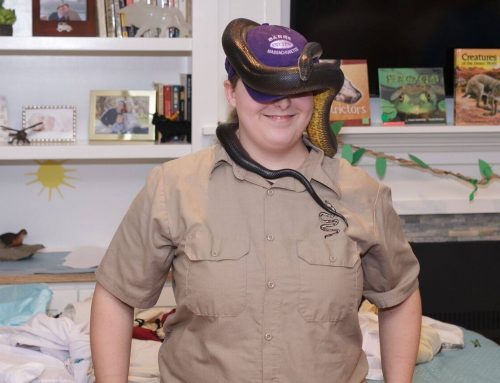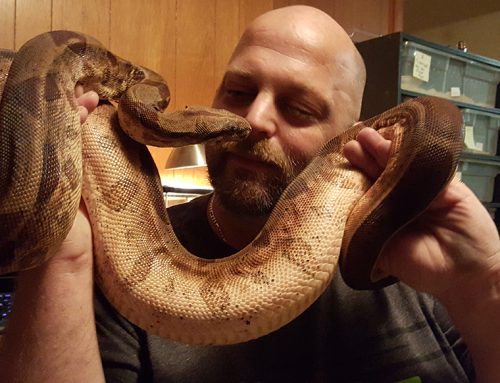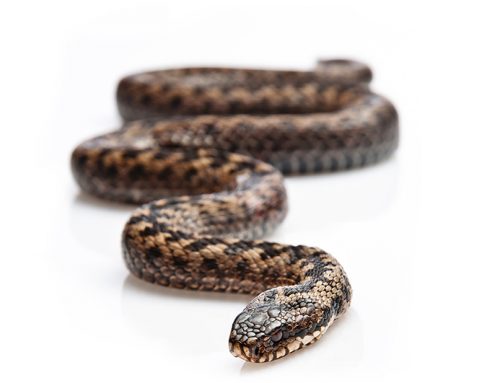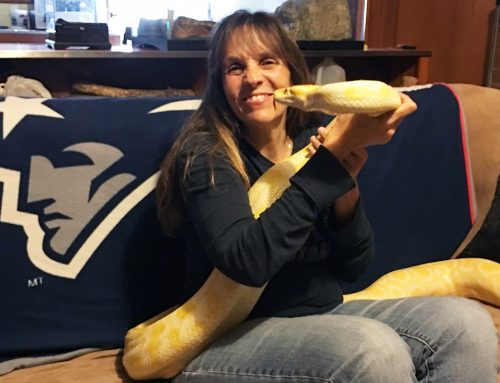Are You, Or Someone Close to You, Unable to Come Near a Snake?
If you live in a city, it’s probably not a major issue to have a fear of snakes. Odds are, you wouldn’t run across them unless you have a friend or family member who keeps one as a pet. If you live out in the country, or go camping in a wildlife area, or even go on a hike, you might run across a snake or two. If you have a phobia of snakes, rest assured, you’re not alone. They’re quite common. But the good news is, snake phobias are treatable.
Why are you afraid of snakes?
Many people with snake phobias can remember a certain time or bad experience they had with a snake. They may have seen others negative reactions when they were young. Most likely, if you’re afraid of snakes, you can’t exactly pinpoint the reason why. There is a theory that it could be in your genes. For instance, evolution may indicate that we had to have a certain awareness—if not fear—of animals that posed a potential threat to our safety. This may be the reason you don’t hear a lot of people being afraid of cats or fuzzy bunnies. Over time, as humans evolved, we had to protect ourselves from venomous snakes. However, many snakes that people fear aren’t venomous and don’t pose any real threats. So this could actually be a leftover fear from evolution.
Can You “Get Over” a Snake Phobia?
Yes! For people who suffer from a fear of snakes, the best forms of treatment are desensitization and exposure therapy. First, reading about snakes, like in this blog, can help you educate yourself about what snakes are really like and how actually gentle they are. If you’ve been reading this blog, you learned that snakes are even considered good therapy for patients with depression. You’ve learned that corn snakes can make a connection with the person handling them. So for those who don’t understand why a snake may make a good pet, there is a connection with their owner, just like with a dog or a cat.
After reading and learning about them, exposure therapy usually comes next. This is when you touch or hold a snake. Getting a feel for what a snake is like in reality often helps to diffuse the misconceptions you may have had about them. At New England Reptile Shows, we give you a chance to get up-close and personal with different species of snakes, including a boa constrictor! But for those who simply want to watch from a distance, you can do that, too. One of the best aspects of our shows is that we invite kids to come up and touch a snake that is being demonstrated. It’s been proven that kids who have early exposure to snakes and other reptiles—whether from a show like ours or in a museum—are less likely to have irrational fears of snakes later in life.
How Do You Help Someone Who is Afraid of Your Pet Snake?
If you have a pet snake, it can sometimes be frustrating when visitors express their fear and don’t want to go anywhere near your pet. Remember to be patient with them. Don’t ever force the snake on someone who is afraid. Not only is this not nice to the person, but it’s potentially dangerous for the snake. When someone has a negative reaction, it can frighten the snake, and it may get injured as it tries to get away. Instead, it’s best to slowly introduce the snake to your friend. While you are holding it, invite your friend to touch its skin, to get a feel of the snake. This slow, gradual introduction may help to alleviate some of your friend’s fear.
If you want to learn more about snakes and other fascinating creatures in the reptile world, book a show and see some popular species up close with New England Reptile Shows and conquer any phobias!








